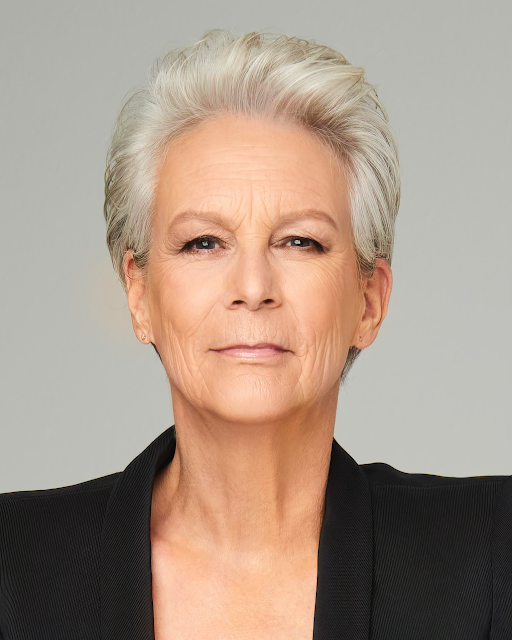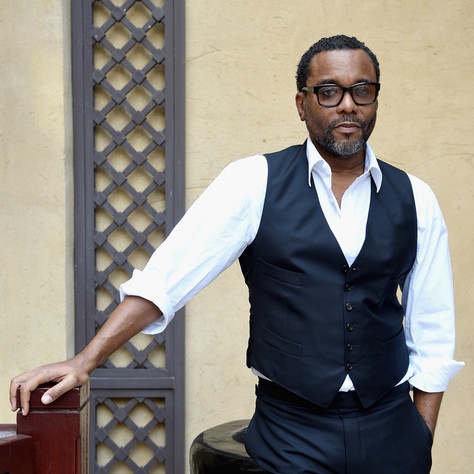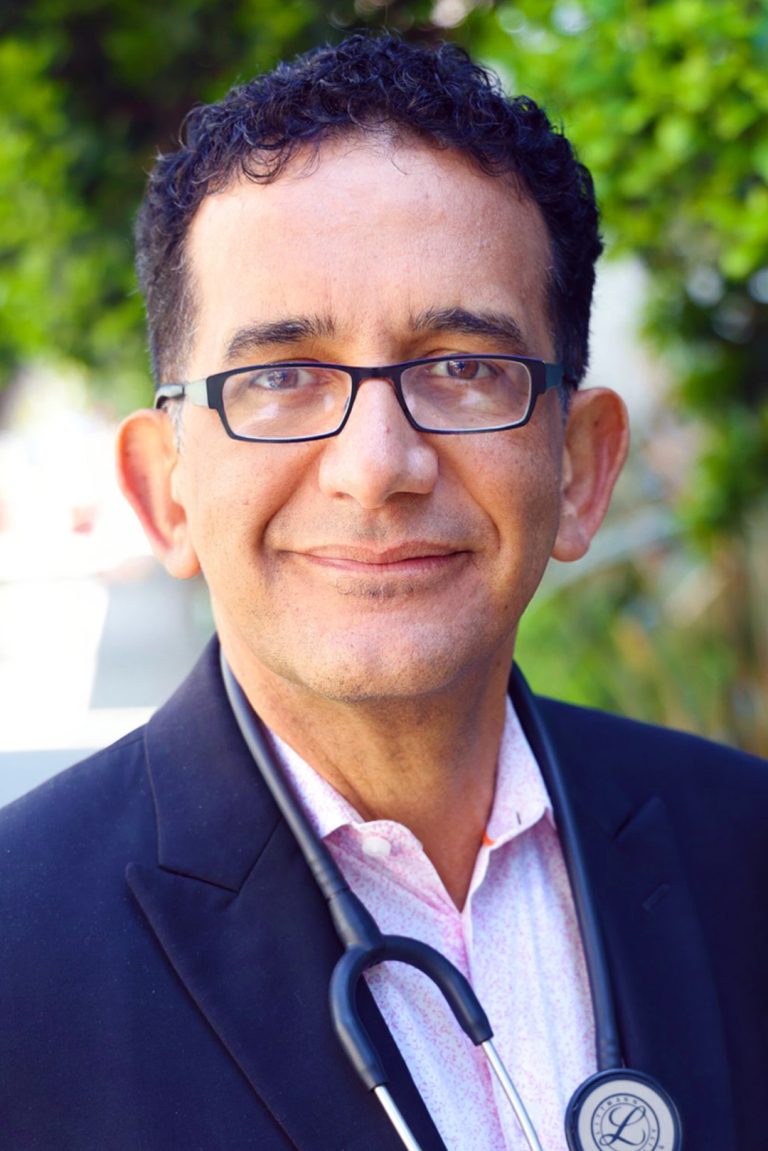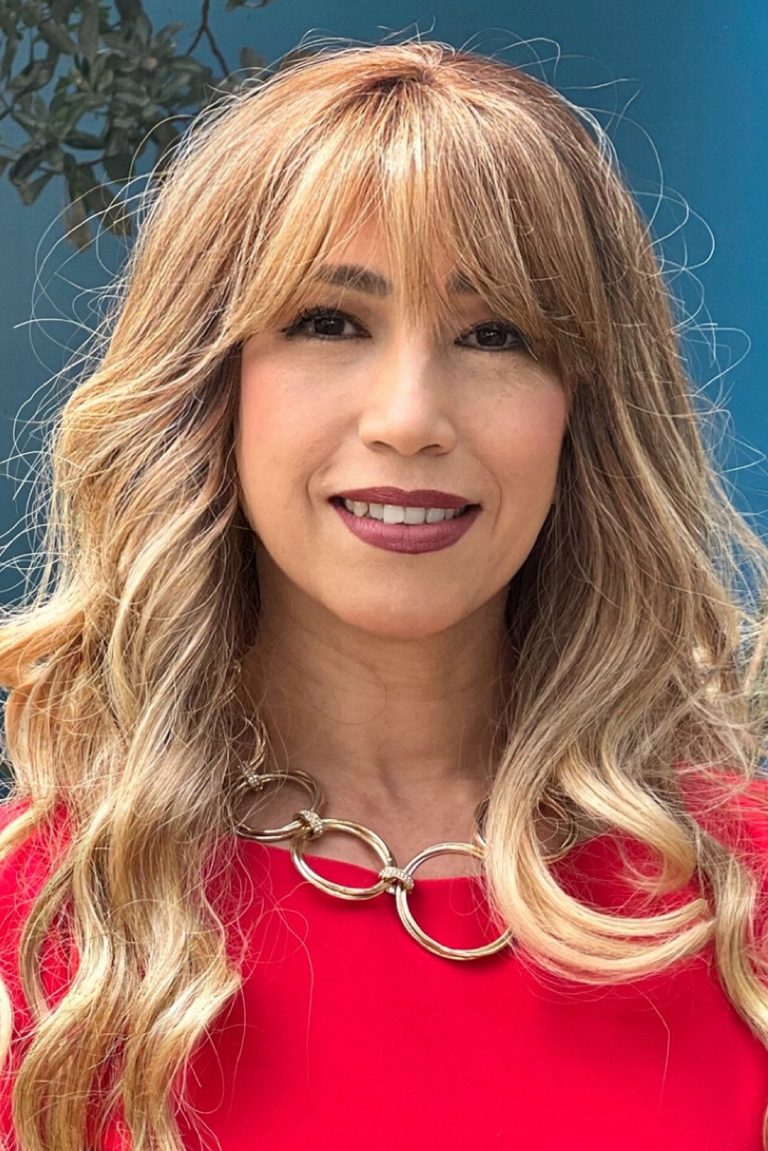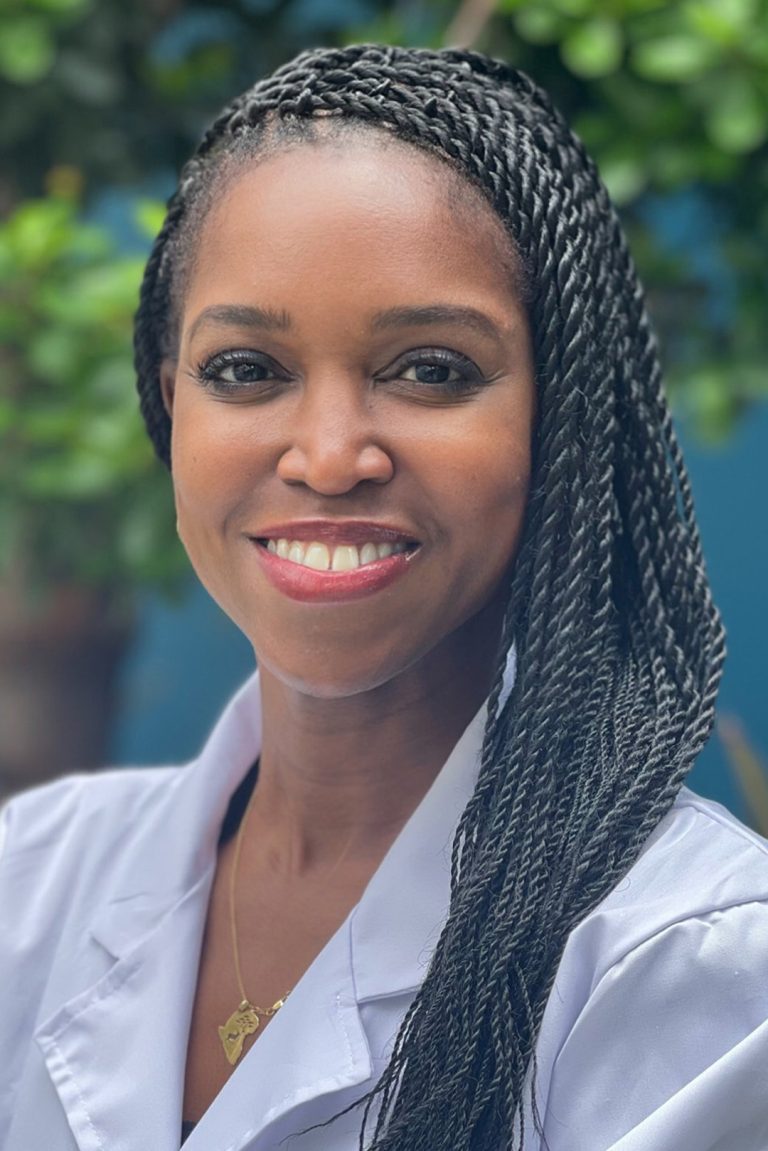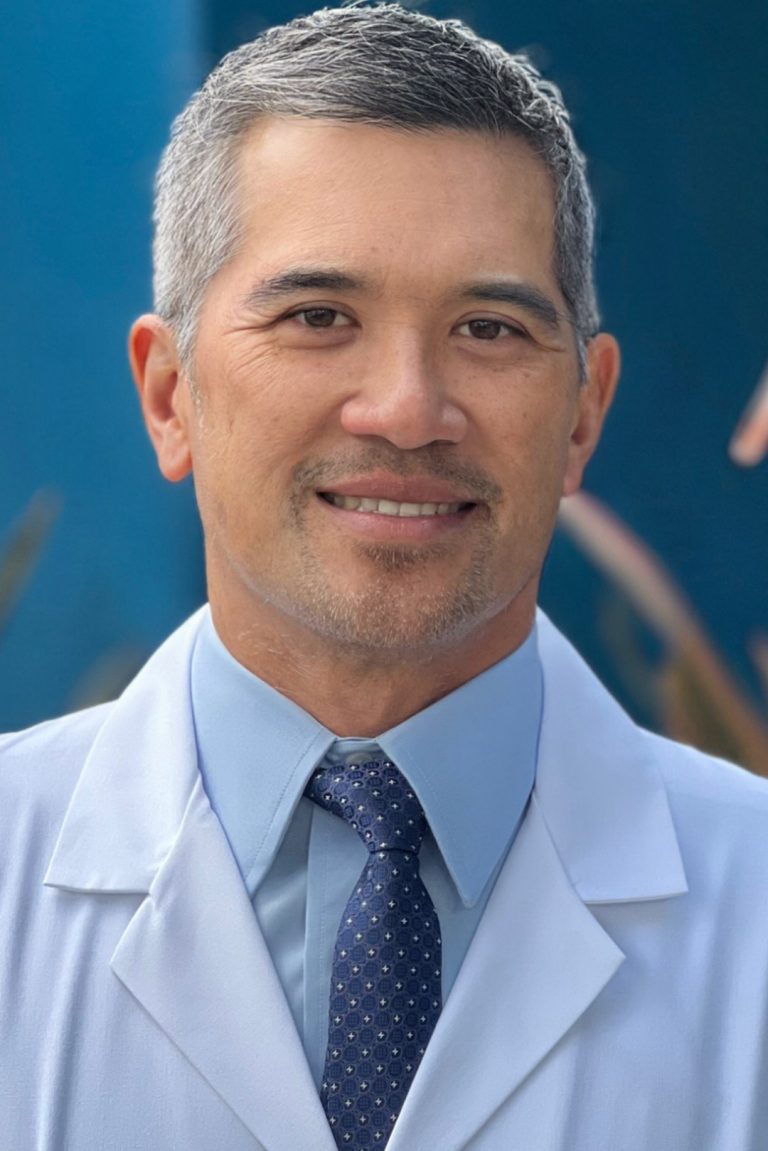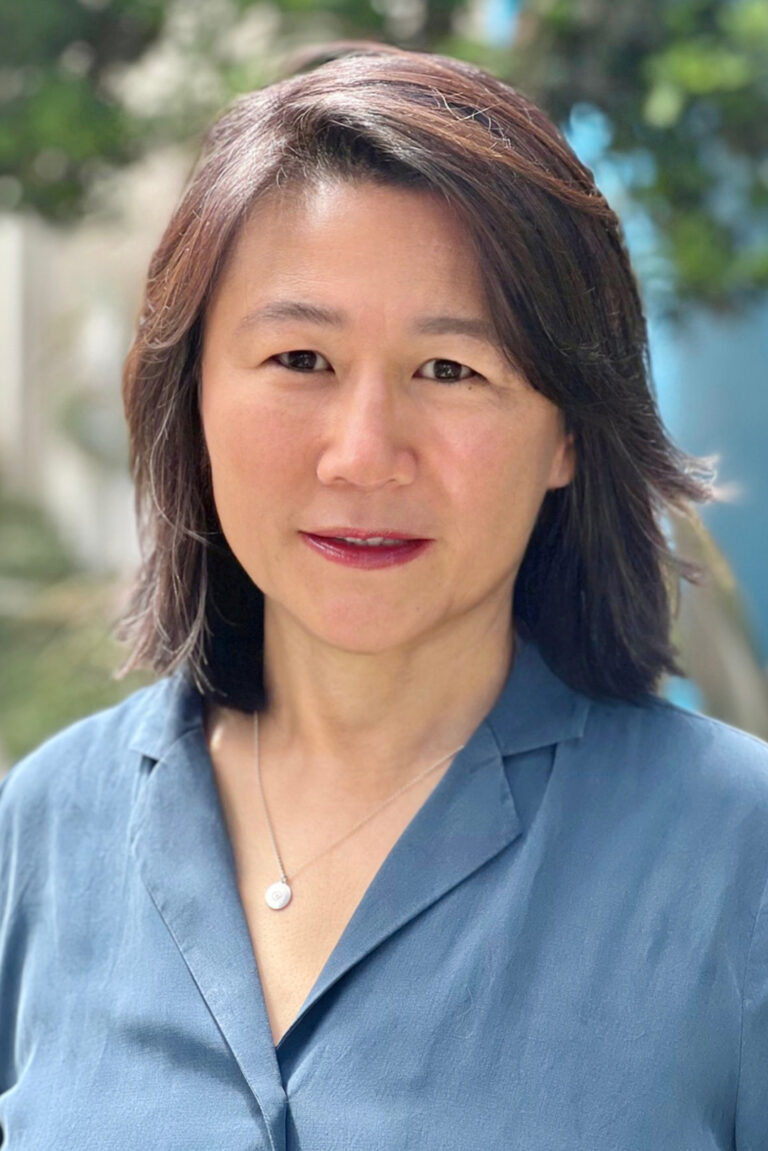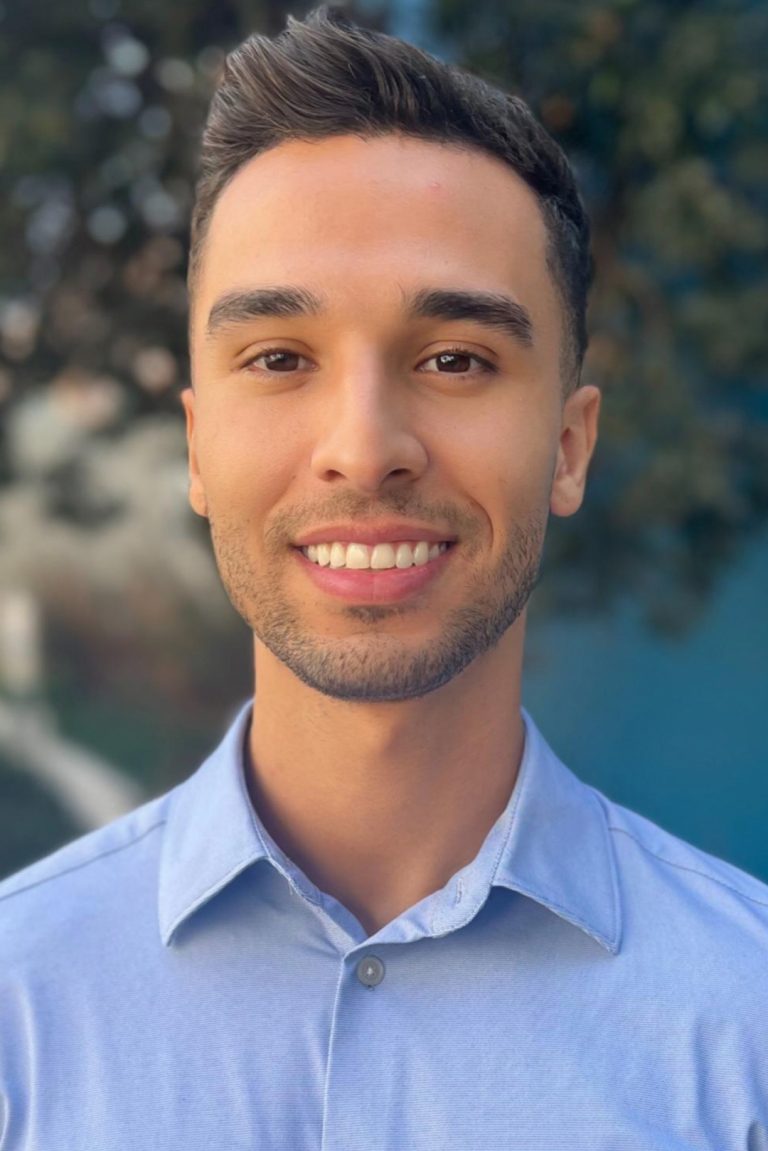Traditional Chinese Medicine
The Traditional Chinese Medicine Department at Akasha is an invaluable component of the integrative medicine care offered at the Center. The exceptionally trained Chinese medical practitioners provide expert care either as an independent modality, or in conjunction with the many other modalities offered by other practitioners and doctors. This collaboration involving numerous healing practices is unique to Akasha and provides a tremendous advantage to patients; well-facilitated communication between Akasha’s practitioners allows for streamlined care and for patient support on all levels.
This means that a team of practitioners “under one roof” provides state-of-the art patient care, instead of patients being pulled in different directions by practitioners at multiple facilities. At Akasha, one can benefit from expert Traditional Chinese Medicine care knowing that integrative and conventional Western medicine care is also always available.
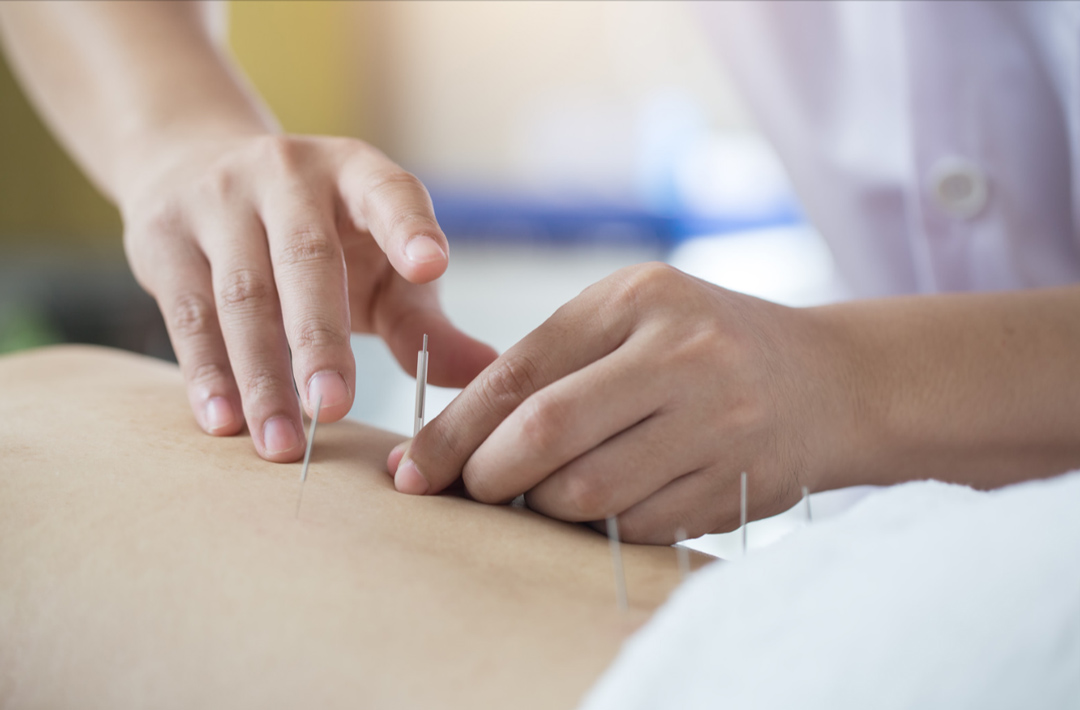
The Chinese Medical Practitioners at Akasha are licensed acupuncturists in the state of California and are regarded as primary care providers.
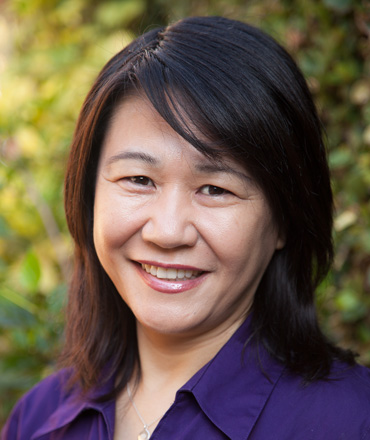
Yi Qiao, LAC, OMD
Acupuncture & Chinese Herbal Medicine
Ms. Qiao specializes in the following areas:
- Acupuncture and Women’s and Men’s hormonal health
- Acupuncture and Cardiovascular disorders
- Acupuncture and Pain management
- Acupuncture and Stress and anxiety
- Acupuncture and Immune system disorders
- Acupuncture and Chemical dependency
Phone: (310) 451-8880 to Reach our Santa Monica office and Schedule an introduction to an acupuncture session
What is Traditional Chinese Medicine?
Traditional Chinese Medicine (TCM) is the oldest and longest practiced medicine in the world. This medical system’s written literature dates back almost 2,500 years, and currently one-fourth of the world’s population makes use of this medicine. Today, modern Western and Traditional Chinese Medicines are the two dominant medical systems in the world. TCM is comprised of different modalities, including acupuncture, herbal medicine, nutritional counseling, Tai Chi and Qigong breathing exercises, and massage. Akasha’s TCM Practitioners are trained in all of these modalities.
Is Traditional Chinese Medicine just a system of folk healing?
No. This system of medicine was created by some of the brightest doctors and scholars in Chinese history. These doctors have recorded their theories and clinical experiences from generation to generation across thousands of books. It is estimated that there are between 30-40,000 existing books on Chinese Medicine written before 1900. Since then, thousands of additional books and articles in professional journals have been written and published in China, Taiwan, Japan, South Korea, Singapore, and Hong Kong.
What can Traditional Chinese Medicine treat?
Chinese Medicine is a complete medical system used to treat the full range of trauma-related, infectious, or internally generated diseases, both acute and chronic. If a disease is extremely virulent or advanced, however, TCM alone may not be sufficient. Chinese Medicine is a particularly excellent and effective choice at the onset of any disease, or for diseases which modern biomedicine either does not understand or treat effectively. The World Health Organization and the National Institutes of Health both recognize that acupuncture can effectively treat many different ailments. These include:
- Pain (back, neck, joints, etc.)
- Headaches
- Fatigue including chronic fatigue syndrome
- Hypertension
- High cholesterol
- Hepatitis A, B, and C
- Stress, anxiety, and depression
- Insomnia
- Women’s health issues
- Gastro-intestinal disorders such as IBS, GERD, and constipation
- Allergies
- Skin conditions
- Colds and flu
- And Much more
Is Traditional Chinese Medicine safe?
TCM is extremely safe when practiced correctly by qualified, licensed practitioners. In fact, when practiced correctly, acupuncture and herbal medicine result in zero side effects and almost never produce iatrogenic (doctor-caused) disease. Should a patient reports side effects from a Chinese medical treatment, the practitioner modifies the treatment until healing occurs and side effects are absent. The goal of Chinese Medicine is to restore balance to the entire person, not simply on eliminating a single symptom.
How does Traditional Chinese Medicine work?
Chinese Medicine works by re-establishing balance and harmony within the body. This includes balancing the Yin and Yang forces with the five major organ energy systems, the qi (energy), plus blood and other body fluids. This balance can be effectively re-established and strengthened by acupuncture and herbal medicine. These ideas are further discussed and explained during your visit to the clinic.
How does a Chinese Medical Practitioner determine what is out of balance?
Practitioners of Chinese Medicine diagnose what is out of balance in a person’s body by employing four basic examinations. The first involves exploration of one’s signs and symptoms, medical history, and course of disease; the second is the visual inspection of one’s face and body, focusing on the tongue; the third is to listen to one’s voice and breath, and make note of any bodily odors; and the fourth involves the palpation of various areas of the body, particularly the pulse of both wrists. Using a combination of one’s signs and symptoms, tongue examination, and pulse diagnosis, the practitioner can determine the pattern of disharmony that requires rebalancing.
How is rebalancing accomplished?
If something in the body is too hot, the practitioner seeks to cool it down; too cold, the aim is to warm it up. If something is too damp, it must be dried; too dry, it must be moistened. If something exists in excess, it must be reduced; exists in deficiency, it needs to be supplemented. If qi or blood is not flowing well, the practitioner will help improve their circulation. If qi is traveling in the wrong direction, the direction of flow is corrected.
The main methods of re-establishing balance in TCM are acupuncture and Chinese Herbal Medicine, which form a powerful synergistic healing combination. Acupuncture seeks to regulate the flow of qi and blood in the body through the insertion of fine, sterile needles at certain acupoints. Chinese Herbal Medicine in the form of herbal teas are generally customized for each patient according to his or her condition. In addition, Chinese Medical Practitioners may also use Chinese Massage or prescribe remedial and preventative exercises, such as Qigong breathing exercises or Tai Chi. Patients will also be counseled on diet and lifestyle, maintaining accordance to the theories of Chinese Medicine in order to promote optimal health.


